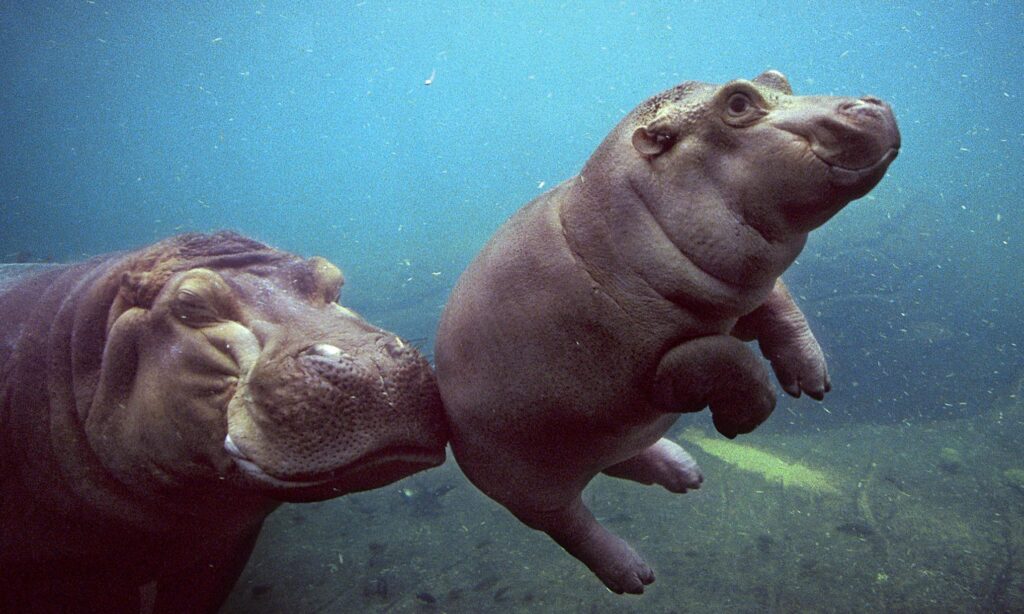As practitioners we are here to produce results in a specific context. How do we get help?
One way to look at it is that we cluster similar contexts into groups where the same approach works. Dave Snowden’s Cynefin Framework itself is such a kind of clustering on the highest level of abstraction: contexts can be obvious, complicated, complex, chaotic, or of unknown nature. Like in a fractal system, within each of these domains we may form sub-clusters to further specify our understanding and approach. But the way in which we form these sub-clusters is different for each of the main domains. In an obvious context the expectation would be that it is relatively easy to form these groups of similars, and that the shared approach for this group includes every step of the solution, or almost all of it. We can make the recipe so detailed that it is impossible not to succeed. Let us make an example “for dummies”, and assume we need sugar:
1. We put it on the shopping list.
2. We go to the supermarket in due time, for example weekly.
3. We take the list with us when we go to the supermarket.
4. We check the list in the supermarket for each item.
5. For sugar, we go to row 23 at the bottom, and take the same label that we’ve had at home (if we cannot remember the label, we have to be more precise on the shopping list).
6. We take it through check-out, and take it home.
As long as the supermarket has sugar, and we have the money and just enough brains to follow these instructions, nothing can go wrong.
Now if we take this from sugar to salt, the only thing that changes is the row in the supermarket. And so with toothpaste, clingfoil, mineral water etc. You have another procedure for re-fuelling your car, but it is the same as the one for buying windshield washer fluid. The procedure for buying newspapers applies to candy and cigarettes. The one for post-its, to glue, paper and envelopes. We can have categories with a relatively large number of individual cases each, write a detailed procedure that covers all steps of the solution process, and this one approach covers all the cases in the category.
In the complicated domain, this changes a bit. On the one hand, the groups of problems that share a solution become smaller. On the other hand, the help we can get from these commonalities only covers part of the individual solution. Think of the purchasing process for IT. It may include a form to apply for the budget. A minimal number of offers to be considered. Who sits at the table for the decision. But it does not describe your decision criteria in detail, how to research for suitable suppliers, or all the requirements that you put into your request for a proposal. The same applies to a software development framework such as Scrum. It defines some of the roles, artifacts and rules. But in order to develop our software, we have to take many more decisions about the way we collaborate, which depend on our context. Some of them are improvised on the spot: How we make sure Andrew doesn’t interrupt Mike all the time. In other cases, we build an individual, contextual solution out of modules. If we use story points for estimation, there is a recipe how to do it. If we use a burndown chart, there is a way to do that.
When we move to the complex domain, there is a fundamental shift towards the context-specific. Since each situation is path-dependent, so are the conditions that make some solutions work better than others. In addition, most of these conditions are invisible, and therefore a good solution emerges from the interaction of our initial approach with the environment. Still, we are not totally blind when we approach a new situation. Not every case is novel, and not every chance of success is unknown. But the way these generalisations work is fundamentally different. Instead of categories, clusters or modules of procedures, we are talking about principles. In my line of work, such a principle may be that consulting is mostly a people’s business. It does not tell me what to do, but it sounds like a good idea if I pay attention to building a relation with the customer, and not just to selling a solution to their problem. This conclusion is still a principle. Step by step, my reasoning becomes more concise, more actionable in the specific context, until in the end it makes me decide what sentence to say next in our conversation. Most of this way from principle to action has been trodden by me alone, and could not be replaced by anything generic.
This has an impact on how to get better, and how to get help in the complex domain. There is a fundamental difference between science and the humanities, as it has been laid out by the Neo-kantian school of thought in the theory of science from Max Weber to the present day. Science aims at explaining the type, what you can repeat in an experiment ceteris paribus, under the same conditions. In comparison, the humanities are interested in explaining the individual. If behavioural biologists observe a sealion, they are only interested in what this particular sealion can tell us about sealions in general. If an historian looks at the role Nelson Mandela played in the end of Apartheid, or a literary scholar looks at the influence of Marcel Proust on the modern novel, they are interested in the individual case. The way practicioners learn from these scholars is therefore different, too. Employees in a zoo may read the scientific study of aggression amongst sealions, because they have a particularly nasty dynamic going on in their pool. By replicating what dampens aggression amongst sealions in general, they may expect to dampen the behaviour of their particular bulls. If you apply this principle to Nelson Mandela, the only people reading his biography would be those planning to peacefully overthrow a racist government in their own post-colonial state, and they would consider the biography to be of low validity, because it works with a sample of one. Since this would not explain the sales figures, there must be other reasons to buy such a book. Many readers may be looking to be impressed by great deeds, to make sense of what happened, or understand more about humanity. The process that usually takes place here is what Hans Robert Jauss called an oscillation between alterity and modernity: you look at Apartheid, and say. “How very different to my world!” You look at the power relations of leading Apartheid politicians, and conclude: “No, how very similar!” You dig some deeper into the values and beliefs, or their readiness for violence, and go: “No, how very different!” And so forth. And in the process of ongoing comparison, you see your perspectives on your own context challenged, and you learn – not in the form of progress towards the one universal truth, but as an enrichment of overlaying possible perspectives on your situation, and of the assumptions and argumentations that distinguish each one of them. In this process, you may also come to more actionable conclusions. Maybe you get inspired to stand up to a bully at work, or to seek reconciliation with somebody. The difference to learning from science lies in the verbs – replicate versus be inspired. In the second case there is much more building of the individual, contextual solution involved.
And this brings us back to complexity. In the complex domain, the conclusions of scientific research can provide us with understanding of some of the domain’s most generic principles, especially if they are counter-intuitive. For example, our understanding about tipping-points, positive and negative feedback loops, attractor basins, or trophic cascades, can make us better comprehend how an apparently stable and slow-moving system such as public opinion can suddenly shift surprisingly fast. For the large remaining part where we are forced to build our context-specific solutions, the way we can learn from somewhere else is not by replication, but by inspiration. Yes, the most effective way is to probe the system and learn from how it reacts now. But experience, the famous educated guess, brings us to better assumptions on which to choose our probes. And this education, rather than instruction, is what we aim for.





